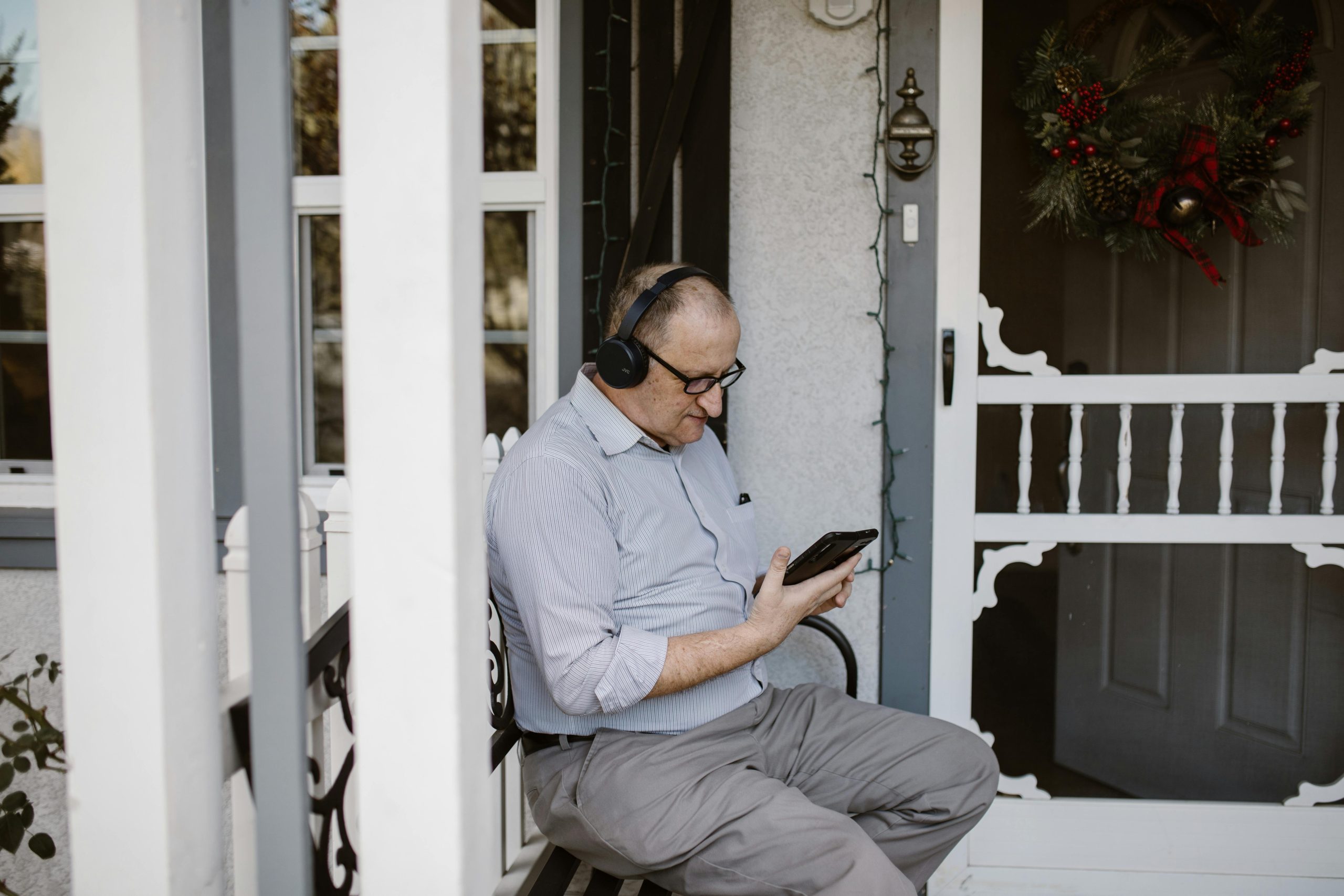Navigating the Journey: Going Back to School as a Married Adult
As life unfolds, many of us find ourselves at crossroads, grappling with choices that shape our paths. For those who marry young and jump straight into the workforce, the dream of higher education may seem far off. This is a sentiment I resonate with deeply. At 30, married, and reflecting on my journey, I can’t help but question: is it too late to pursue my dreams?
At 17 and 20, my partner and I committed to our lives together, diving headfirst into the responsibilities that come with adulthood. As we established our lives and started earning a living, the opportunity for college slipped through my fingers—an aspiration left unexplored.
Still, the desire to return to academia burns bright within me, with thoughts of obtaining a Bachelor of Science in Meteorology or Atmospheric Science. My ultimate goal? To work with esteemed organizations like the National Weather Service (NWS) or the National Oceanic and Atmospheric Administration (NOAA). My love for storms has led me to become an amateur storm chaser in the Midwest, further fueling my passion for understanding the atmosphere.
However, the reality of adult life weighs heavily on my mind. The prospect of attending school full-time feels daunting, especially when balancing responsibilities at home. Currently, I earn $16 an hour plus commission in a position that doesn’t align with my long-term goals. My spouse does an incredible job supporting us, yet the pressure of financial responsibilities makes the idea of pursuing education full-time seem like a monumental task—a mountain too steep to climb.
So, is it even feasible for a married adult with a household to embrace full-time studies? I know I don’t want to go part-time and wait until I’m in my late thirties to earn my degree.
I seek advice and insights from those who have navigated similar paths. Have you successfully juggled family obligations and the pursuit of education? How did you manage the logistics and emotions involved in such a significant change?
Returning to school and transitioning to a new career feels overwhelming, yet I’m determined to explore my options. Any thoughts or experiences shared on this journey would be immensely appreciated. Let’s conquer this mountain together!

Your ambition to pursue a degree in Meteorology or Atmospheric Science, especially given your passion as an amateur storm chaser, is commendable! Transitioning back to school as a married adult presents unique challenges, but many have successfully navigated this path, and you can too. Here are some practical steps and insights to help you turn your dream into reality:
1. Assess Your Current Situation
Start by taking a comprehensive inventory of your current responsibilities and commitments. Analyze your finances, household responsibilities, and job situation. Write down all your monthly expenses and see where adjustments can be made.
2. Explore Flexible Education Options
While you mentioned a preference for full-time study, consider whether there are accelerated programs or online classes that allow for a more flexible schedule. Some universities offer intensive summer courses or evening classes which might help you achieve your degree faster without overcommitting yourself. Investigate local colleges or online institutions that offer Meteorology or Atmospheric Science programs tailored to working professionals.
3. Create a Study Plan
If you decide to pursue full-time enrollment, develop a structured study plan that accommodates both school and home life. Clear boundaries are essential, so communicate your schedule and needs with your wife. Consider creating a weekly planner that outlines study hours, class times, and family responsibilities, ensuring both you and your partner have dedicated time for each other.
4. Financial Planning and Assistance
Investigate financial aid options, scholarships, and grants specifically aimed at adult learners or those pursuing degrees in STEM fields. The National Weather Service and NOAA occasionally offer programs for students interested in Meteorology; be sure to check their websites for scholarship opportunities. If possible, see if your current employer offers tuition reimbursement or educational benefits that may support your journey.
5. Networking and Mentorship
Join forums, local meetups, or social media groups centered around Meteorology. Not only will this connect you with individuals in the field, but you may also find mentors who can provide guidance and support. Networking can also lead to internships or research opportunities that could bolster your resume while you’re studying.
6. Prioritize Mental Well-being
Going back to school while managing a household and job can be overwhelming. Ensure that you have adequate time for self-care, relaxation, and connection with your wife. Regularly check in with each other to discuss both of your needs and maintain open communication. This will help alleviate any stress and keep you aligned as partners in this journey.
7. Focus on Your End Goal
Keep your aspirations in focus. Visualize what it will be like to achieve your degree and work for the NWS or NOAA. Break down the process into achievable milestones, such as completing certain courses, securing internships, or contributing to research. Celebrate these small victories to maintain motivation.
Conclusion
While the thought of returning to school full-time may feel daunting, remember that many have walked this path and emerged successfully on the other side. Your passion for meteorology and your storm-chasing experiences are stepping stones that will enhance your academic journey. With careful planning, support from your partner, and a focus on your goals, you can make this dream a reality. Take it one step at a time, and don’t hesitate to reach out for help and resources along the way!